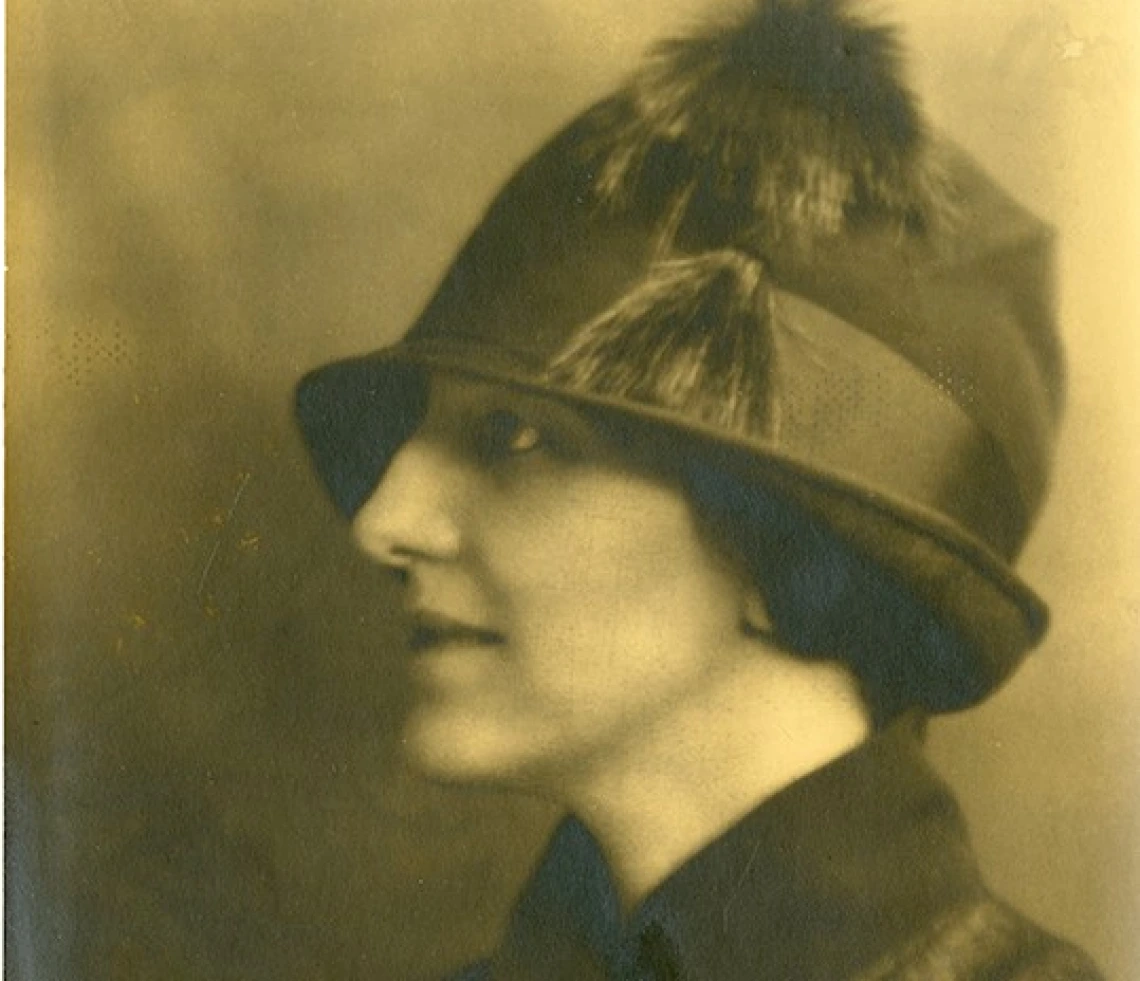Sophie Treadwell papers

Sophie Treadwell Portrait
Collection area: Literature
Collection dates: circa 1860-1970 bulk (bulk 1910-1960)
Contains chiefly Personal Materials, Diaries, Correspondence, Scrap-books, Plays, Novels, and Photographs relating to her career as an American playwright, author, and journalist from the 1910s through the 1960s. Diaries include her travels to Europe and Moscow in the 1930s, and daily activities for selected years spanning 1942 to 1970. Noted correspondents include Louise and Walter Arensberg, Arthur Craven, Maynard Dixon, Helena Modjeska, Robert A. Parker, family and friends, colleagues, employers, and inter-view-ees, including Sarah Bernhardt and Francisco Villa. Scrapbooks document her private life; college years at University of California, 1901-1906; early acting, writing, and employment in California, New York, Europe, and Mexico, 1909-1932; and critical coverage of the productions of her dramatic works from 1918-1949. Works contain mainly her plays for stage, but also include television versions; novel drafts for Hope for a Harvest and The Story; and articles and features for newspapers and periodicals. Photographic materials consist chiefly of formal portraits by studio photographers; images of and by her while on trips or assignments in the United States, Europe and Mexico, including a interview with Francisco Villa in Canutillo; and casual moments with family members and friends. Also includes a small selection of Papers, 1909-1933, of husband William O'Connell McGeehan, 1879-1933, journalist and author.
Materials may be found in the following languages: Spanish, French, German, and Russian.
On October 3, 1885, Sophie Anita Treadwell was born in Stockton, California, to Alfred B. Treadwell and Nettie Fairchild. From 1902 to 1906, she attended the University of California, Berkeley, where she participated in the theater arts. After graduation, she sought work in California as an actress and performer, and assisted Helena Modjeska in writing her Memoirs. Treadwell returned to San Francisco and began her newspaper career for the Bulletin. She married another journalist, William O. McGeehan, in 1910. She traveled to France as a war correspondent, and, by 1918, had moved to New York to work for the Tribune and other periodicals. She went to Mexico in the 1920s to cover the last days of Venustiano Carranza, and scooped other papers with her interview of Francisco Villa in 1921. In the 1930s, Treadwell traveled extensively. She circled the world in a steamer, and crossed the Atlantic several times to Europe while Machinal played in London, Moscow, and other venues. Lone Valley and Plumes in the Dust reached the New York stages. She published a novel, Lusita, and wrote another, Hope for a Harvest. In the next two decades, Treadwell continued to produce and revise her materials for publication, and for the emerging media of televi-sion. She retired to Tucson in 1965, and brought her final version of Women with Lilies to the stage of The University of Arizona. She died of a stroke on February 20, 1970.
William O'Connell McGeehan was born in San Francisco, California, to Hugh McGee-han and Theresa O'Connell in 1879. He attended Stanford University, and served in the Philippines during the Spanish American War. He worked as a journalist in San Francisco for the Evening Post, Examiner and Bulletin. Around 1914, he moved to New York and became a noted sports reporter for the New York Journal, the Herald Tribune and Herald. He traveled widely, hunted, wrote novels and short stories, and commuted between residences in Connecticut and New York. He died at Sea Island, Georgia, of a heart ailment on November 29, 1933.
A collection guide explains what's in a collection. New to using our collections? Learn how to use a collection guide.
Collection guideAccess this collection
Visit us in person to access materials from this collection. Our materials are one-of-a-kind and require special care, so they can’t be checked out or taken home.
How to cite
Learn how to cite and use materials from Special Collections in your research.
